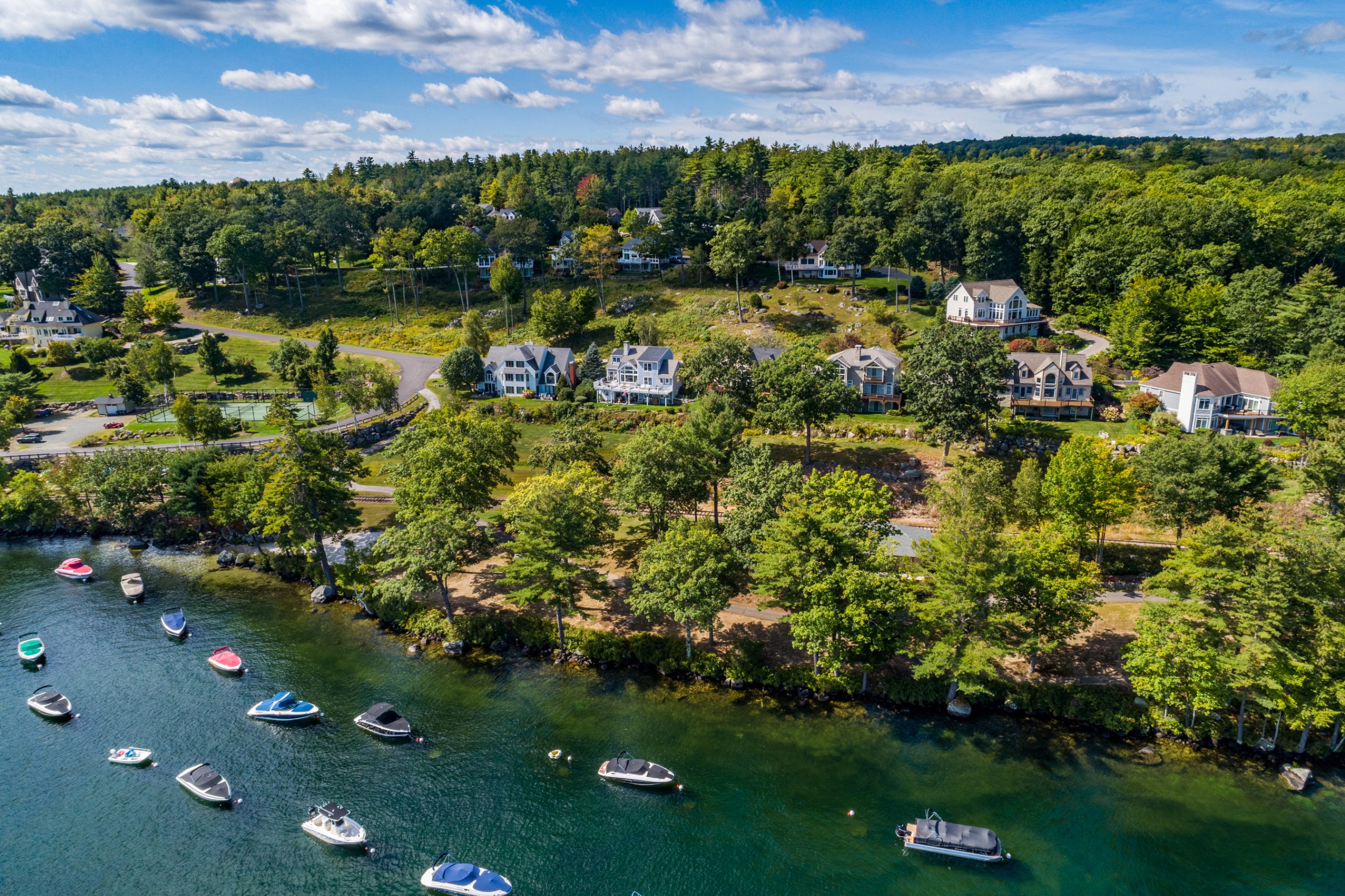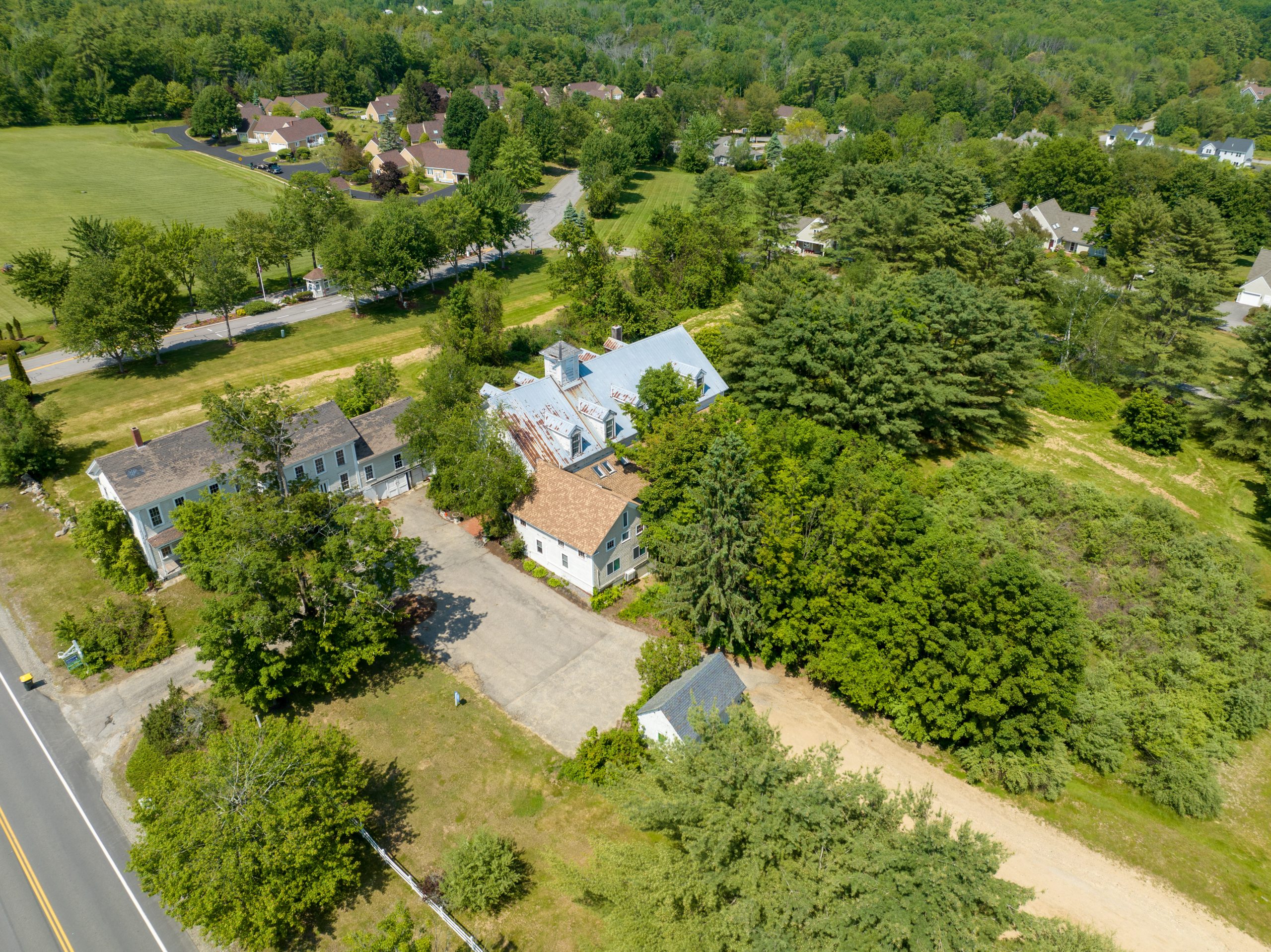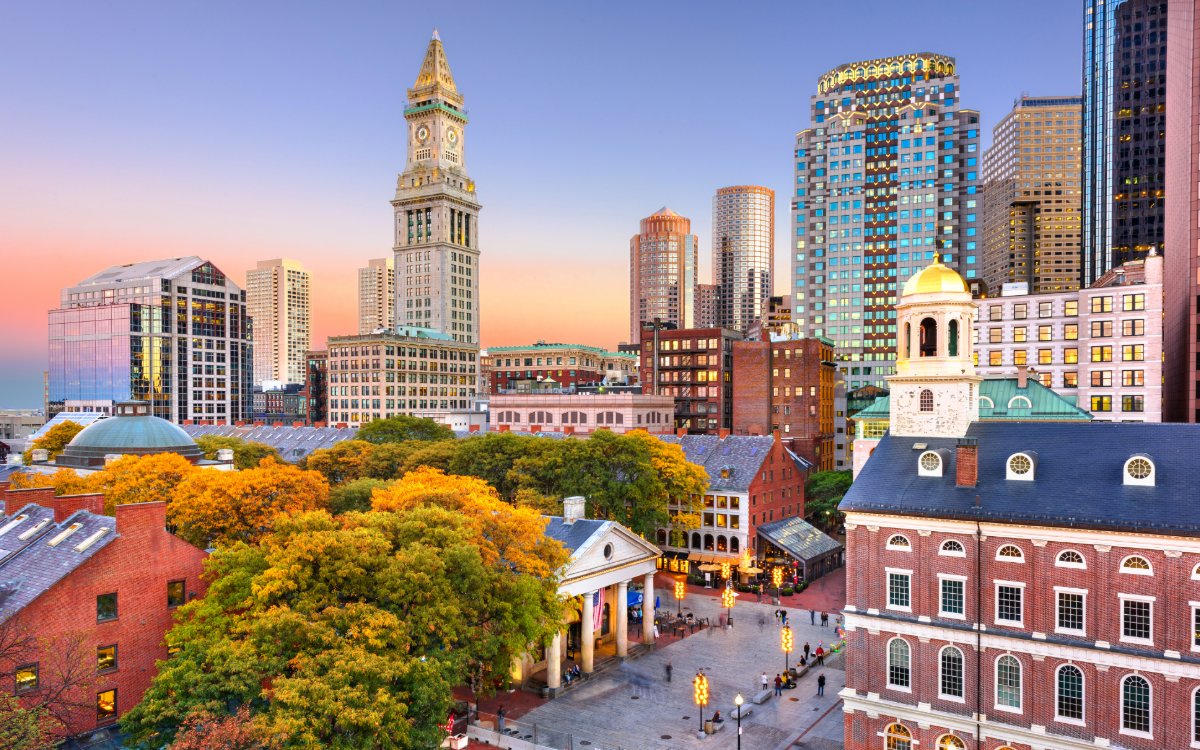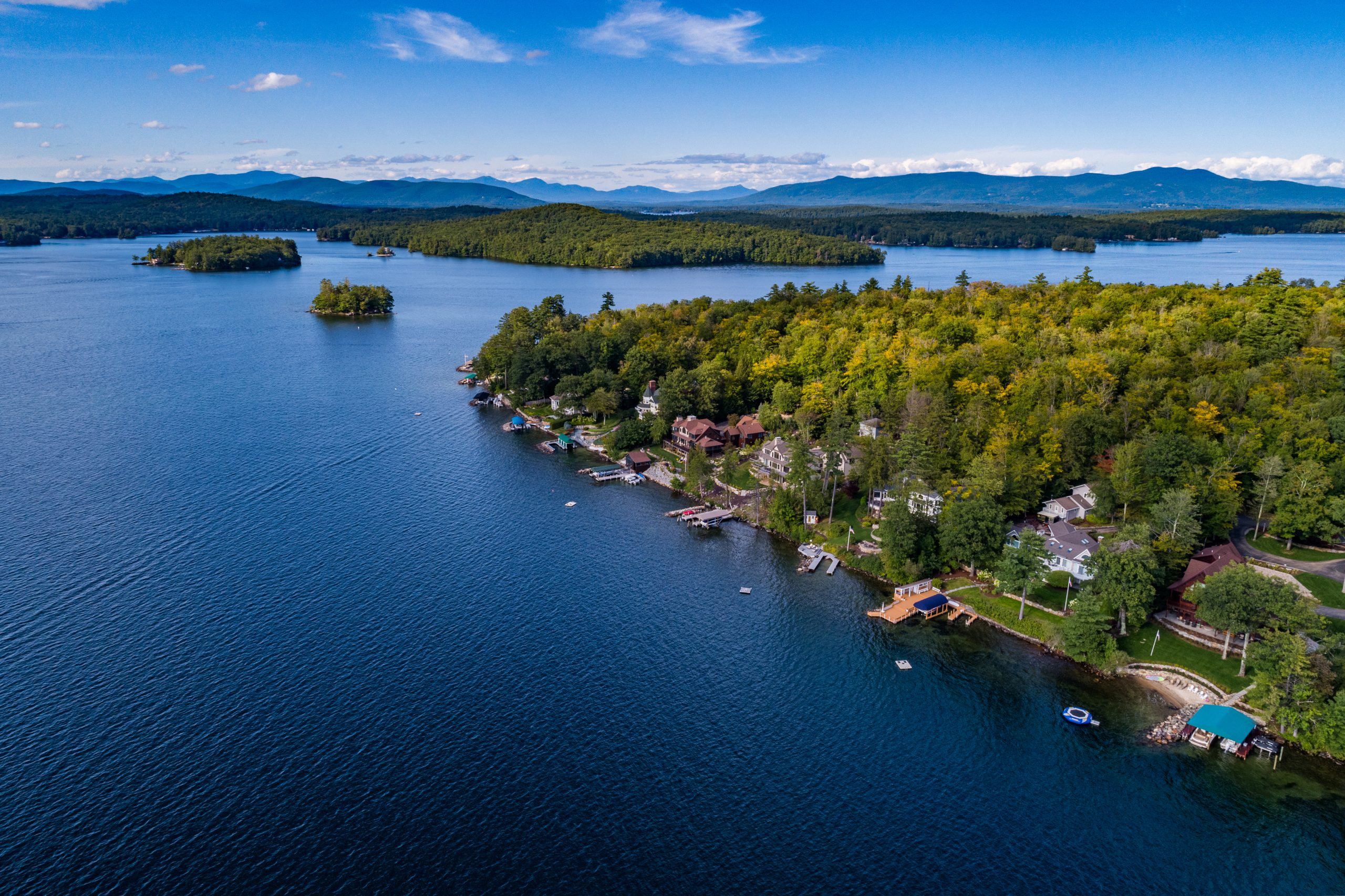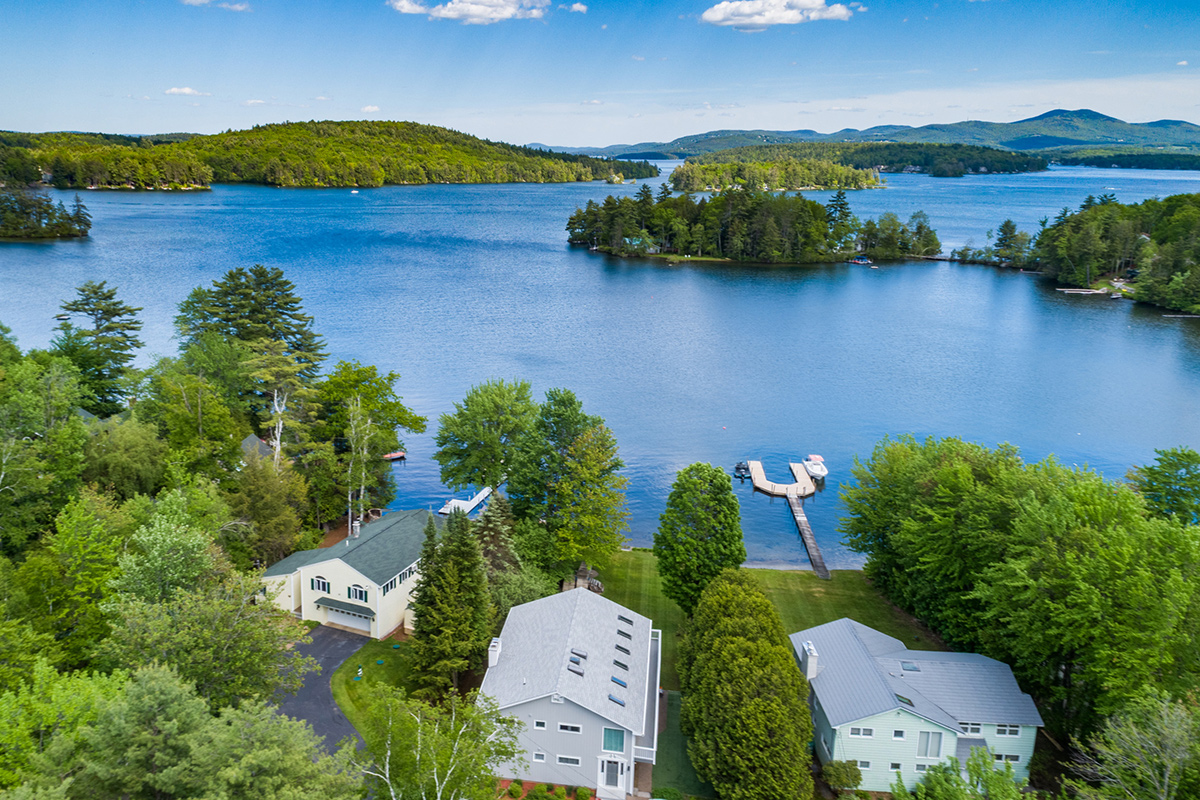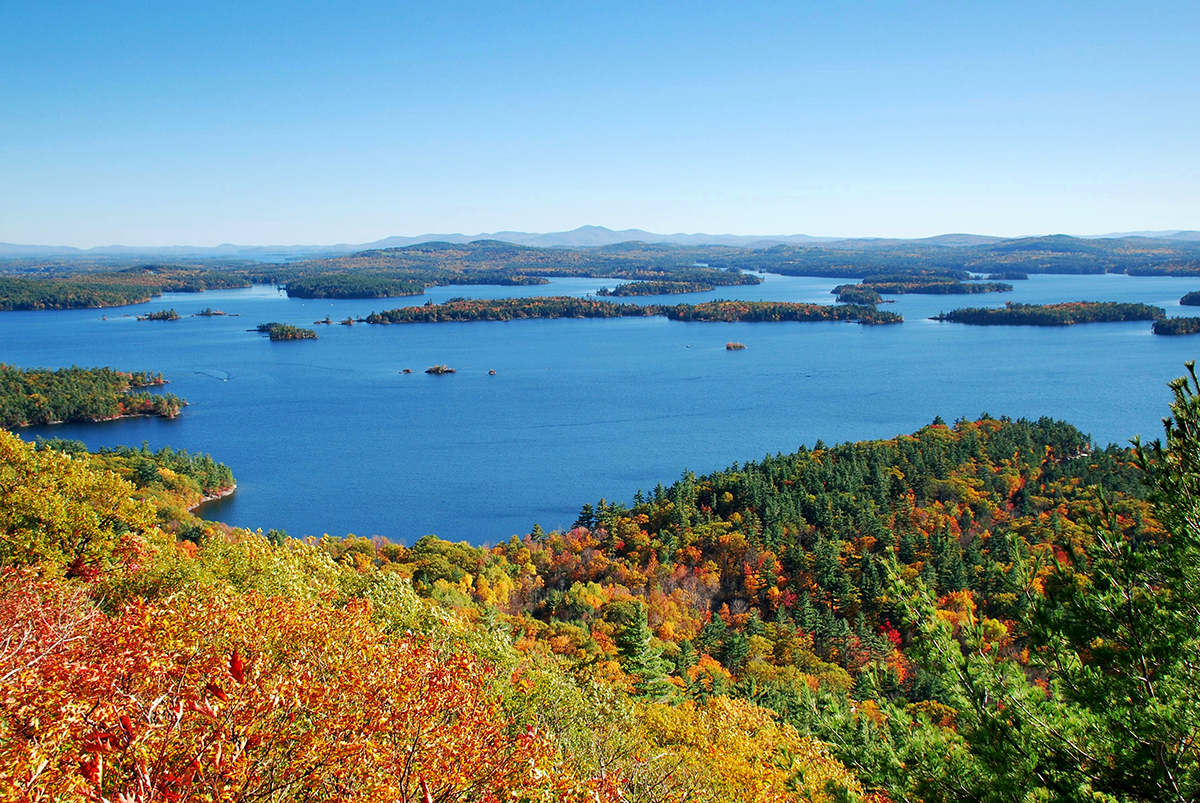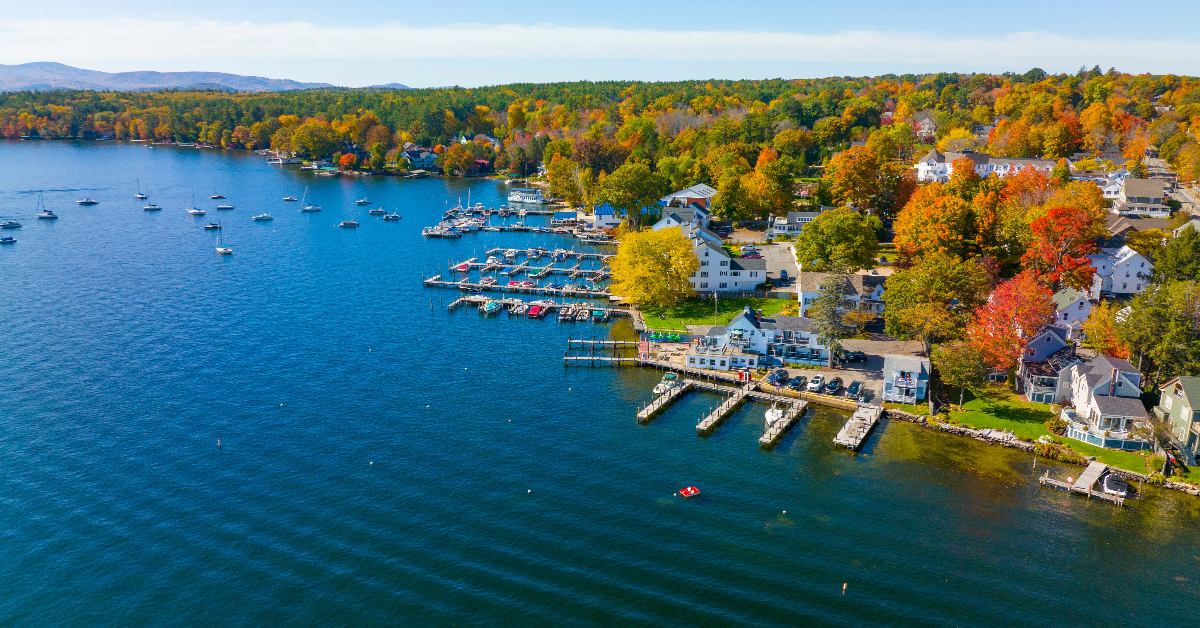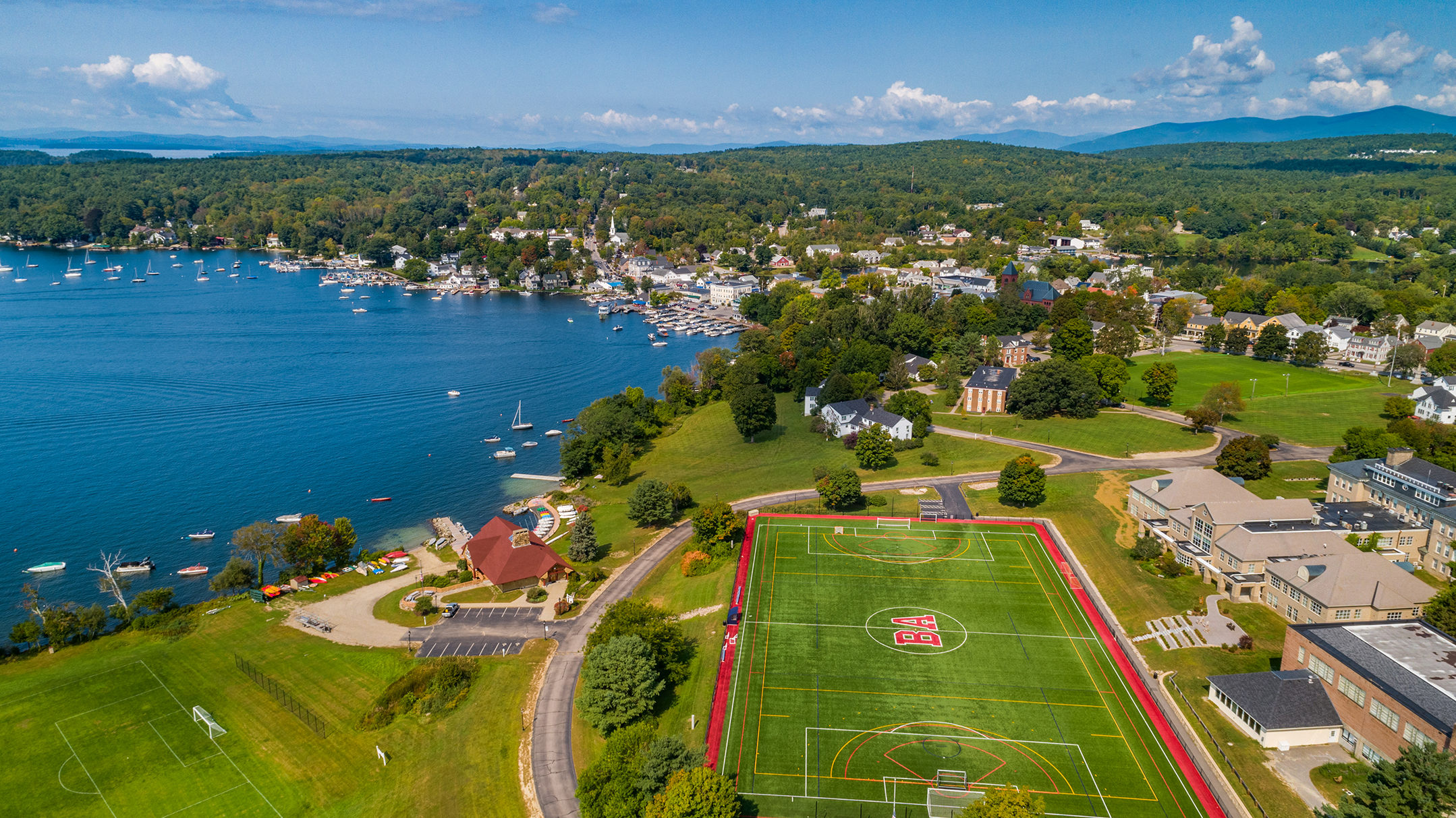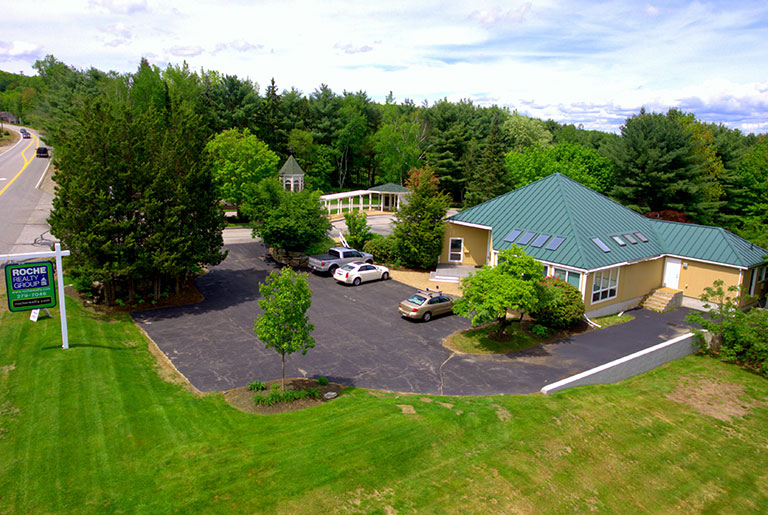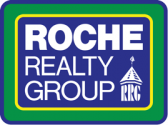It is no secret that our country has seen some incredible growth in the real estate sector these last few years. This rapid appreciation combined with rising interest rates and increasing inflation has left many Americans feeling wary about the future of real estate values. The national housing shortages and appreciation we are seeing today can be attributed to various factors, including a loose federal monetary policy, years of record low interest rates, massive individual and corporate stimulus payments, and a lack of new construction during the past decade. New Hampshire has been experiencing an additional trend that plays a unique role in shaping and buffering its economic future.
The trend I am referring to is the skewed ratio of buyers looking to relocate into the state versus those looking to move out. For the past decade, NH has consistently seen anywhere from 52% to 61% of its buyers classified as “inbound,” meaning significantly more people are looking to move here than those looking to move out. NH’s biggest draw is the quality of life it can offer to its residents. As the second most forested state behind Maine, our state’s true wealth lies in its natural beauty in the form of national parks, clean lakes and rivers, mountains and ocean— all within a reasonably short drive to major metropolitan areas. Many buyers nationwide are relocating to locations such as the Carolinas, Florida, and Arizona, where the cost of living is more affordable and employment opportunities are lucrative.
In contrast, many buyers looking to relocate to central NH are specifically seeking a better quality of life enriched with natural resources and four seasons of beauty. They are willing to pay the higher cost of living as a partial trade-off, but NH’s lack of sales and state income tax helps offset some of the cost. One key difference between NH and other states is the demographics of the buyers looking to move here.
Between five nearby states, including MA, RI, CT, NY, and NJ, there are 40 million residents, many of whom have vacationed in NH and are now considering a potential move to the granite state. The combined net worth of this demographic is among the highest in the country. Many can now work remotely and have the flexibility to relocate, increasing the demand for available housing in NH.
Adding to this demand, the baby boomer generation at 77 million strong has been purchasing retirement homes for the past decade in NH and has transformed the buying landscape with the ability to make cash offers.
All of this means that there are many layers of complexity driving our housing shortages in NH, with out-of-state interest playing a major role in further adding to demand.
What does this mean for our area? As our demographics continue to evolve, we should expect to see a need for more consumer-level services, which should increase employment opportunities for local residents. In parallel with increased buyer demand in the Lakes Region, we have seen strong economic growth in many commercial sectors in NH, and many downtown areas are undergoing revitalization. Many developers who are building new products and remodeling existing commercial spaces are also coming from out of state and are looking at NH as a safe haven for real estate investment. Major investments are being made in our local economy, which is a positive sign of continued growth.
Yes, interest rates are rising, and inflation and geopolitical risks are the current conversations in many households. However, New Hampshire has enough demand to help hold the line and weather many potential storms, even during market fluctuations.
 This article was written by Chris Roche, an Associate Broker at Roche Realty Group, Inc. in Meredith, NH. Please visit www.rocherealty.com to learn more about the Lakes Region real estate market.
This article was written by Chris Roche, an Associate Broker at Roche Realty Group, Inc. in Meredith, NH. Please visit www.rocherealty.com to learn more about the Lakes Region real estate market.


